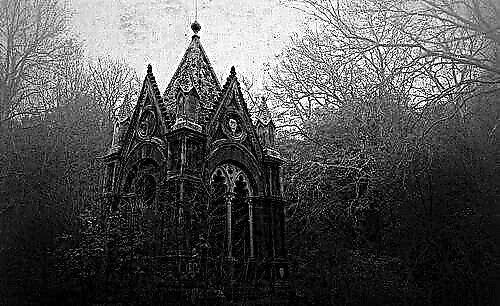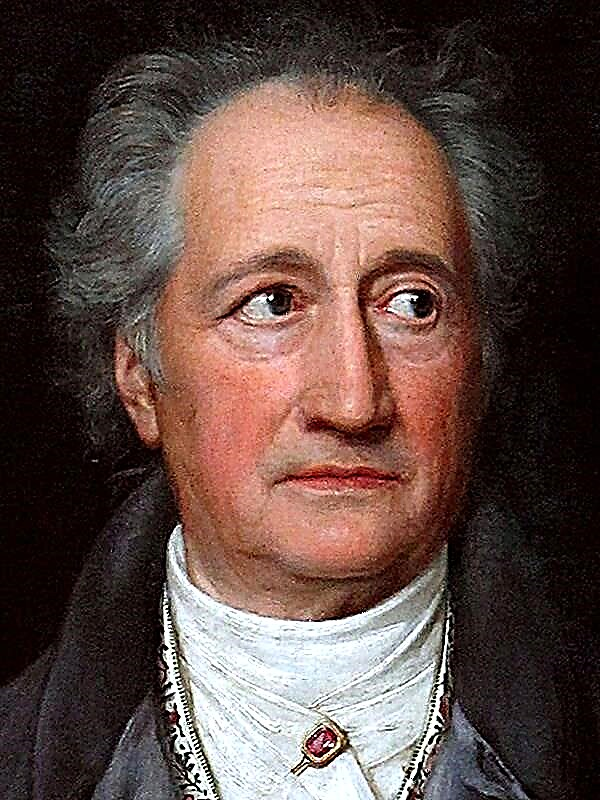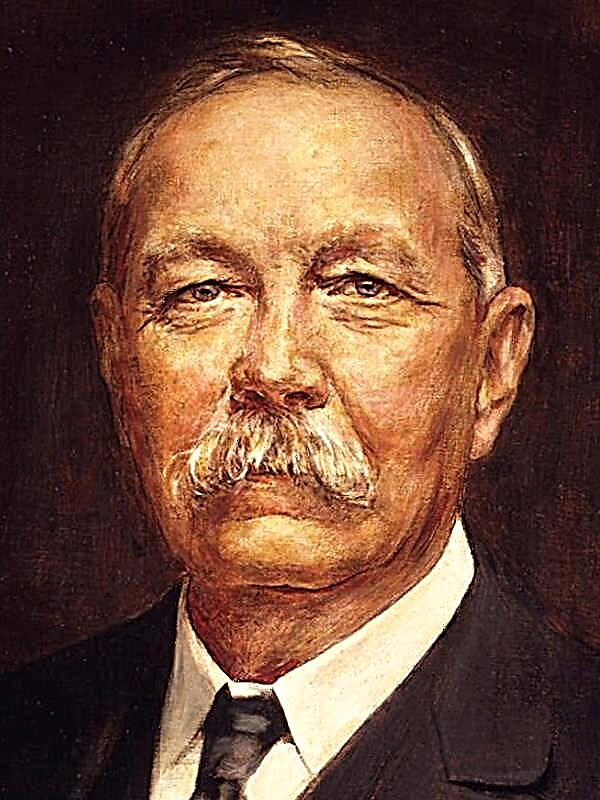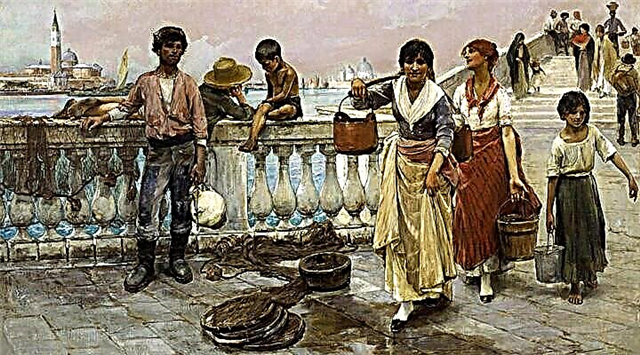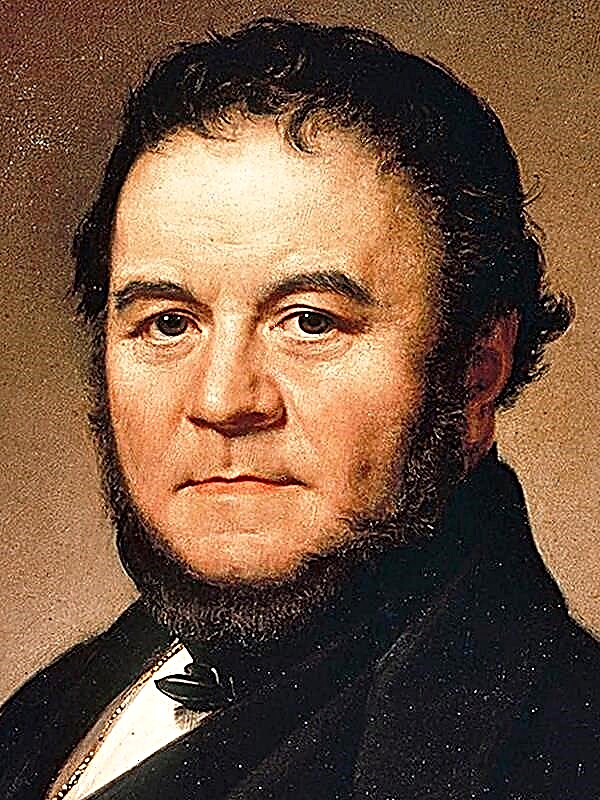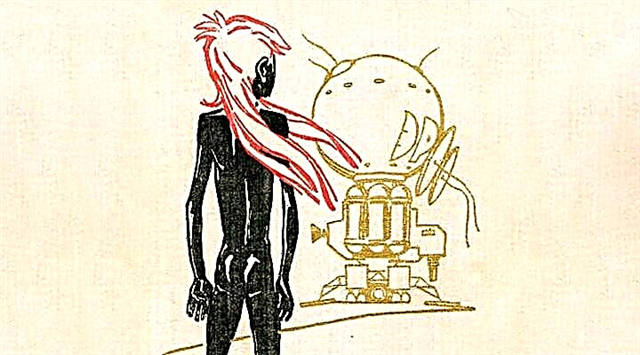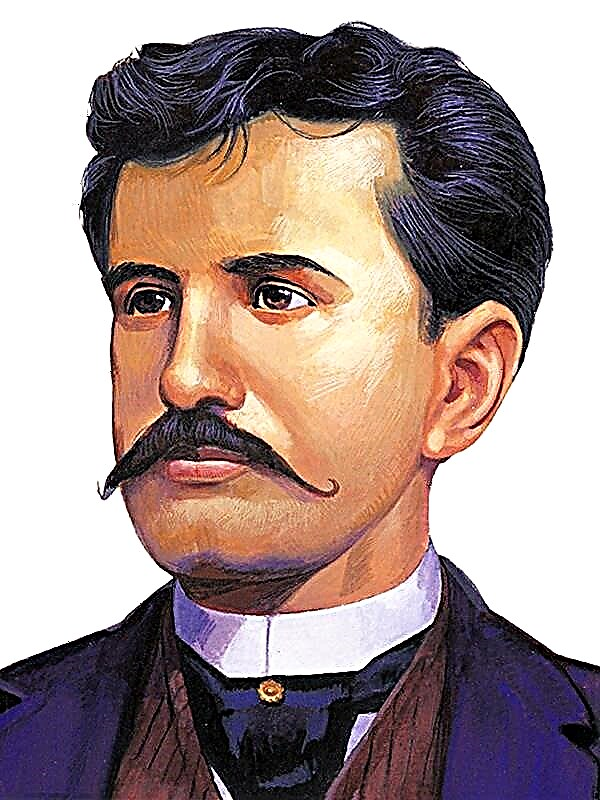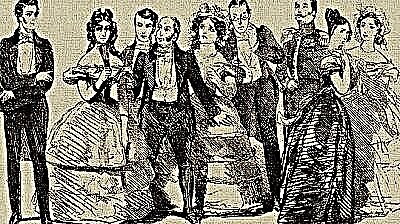(332 words) In my opinion, Olesya is an ambiguous figure. On the one hand, she is naive, kind, pure. She grew up in the forest among the mighty centuries-old pines and firs, and she has a healthy and flexible body, strong character and strong soul. Her pristine, sincere kindness is expressed in caring for animals. When Ivan Timofeevich sees her for the first time, she brings finches home. Then she asks the man to come without a gun, and explains to him that both hares and birds want to live as much as people do. Olesya loves nature, and she herself is an organic part of it.
On the other hand, Olesya also has a “dark side” - an unshakable fear of “fate”. She sees that a person will die soon, and predicts what will happen in people's lives. And at the same time he firmly believes that there is no way to escape from the intended. She does not even attempt to change anything. It seems to me that it was precisely because of this that she deprived herself of personal happiness, and did not give her beloved a chance to help her. Perhaps if she left fear, then together with Ivan they could figure out how to be together, while avoiding the harsh attitude of ignorant people.
On the whole, the image of Olesya personifies the purity of nature, faith in the supernatural, and is opposed to the prejudices and aimless, meaningless existence that the inhabitants of Polesie do not miss a single opportunity to drink and take out their anger in the “witches”. Olesya is a real child of nature. Like a proud and beautiful flower, it emits its light into the outside world, but, like a flower, is helpless in the face of cruelty of people. Its only defense, “spikes,” is magic and verbal threats. However, an angry crowd hears in her words an evil prophecy. Olesya has to flee with her grandmother, and her further fate is unknown. According to the thunderstorm that opened before their departure, it can be assumed that the heroine did not find happiness, and all her life she kept away from villages and cities. And the reason for this is the ruthlessness and mental blindness of people.
I think that, in fact, in place of the “witches” any person could appear who did not correspond to the majority’s notions of “correctness”. The inhabitants of Polesie were uneducated peasants, but the problem of rejecting the "wrong" has remained to this day. And so the image of Olesya does not lose relevance.

